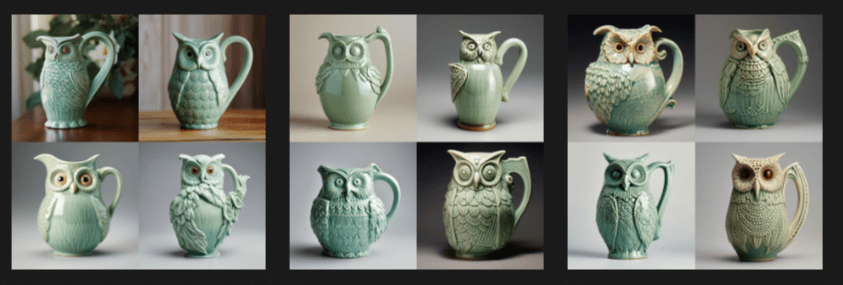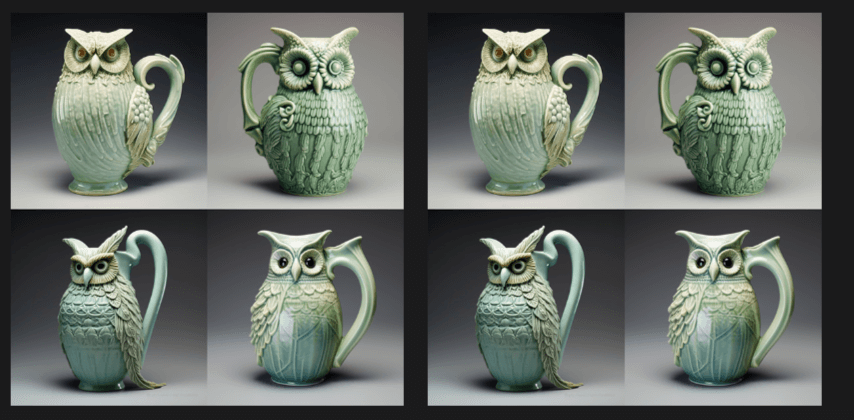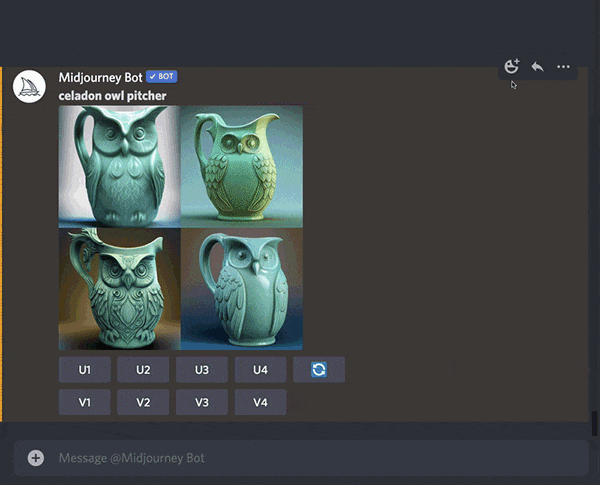Part three chapter seven-seven [User Guide - Parameters - Seeds]
- Authors
- Name
- administrators
- @admin
Seeds
The Midjourney bot uses a seed number to create a field of visual noise, like television static, as a starting point to generate the initial image grids. Seed numbers are generated randomly for each image but can be specified with the --seed parameter. If you use the same seed number and prompt, you will get similar final images.
- --seed accepts whole numbers 0–4294967295.
- --seed values only influence the initial image grid.
- Identical --seed values using Model Versions 1, 2, 3, test, and testp will produce images with similar composition, color, and details.
- Identical --seed values using Model Versions 4, 5, and niji will produce nearly identical images.
- Seed numbers are not static and should not be relied upon between sessions.
Seed Parameter
If no Seed is specified, Midjourney will use a randomly generated seed number, producing a wide variety of options each time a prompt is used.
Jobs run three times with random seeds:
prompt example: /imagine prompt celadon owl pitcher
 |
Jobs run two times with --seed 123:
prompt example: /imagine prompt celadon owl pitcher --seed 123
 |
How to Find a Job's Seed Number
Use a Discord Emoji Reaction
Find the seed number of a Job in discord by reacting with an ✉️ envelope emoji to a Job.

Use The Show Command to Bring Back Old Jobs
To get the seed number for a past image, copy the job ID and use the /show <Job ID #> command with that ID to revive the Job. You can then react to the newly regenerated Job with an ✉️ envelope emoji.
How To Change Seed Numbers
Use the --seed Parameter
Add --seed <value> to the end of your prompt.

Leave a Comment
Loading comments...